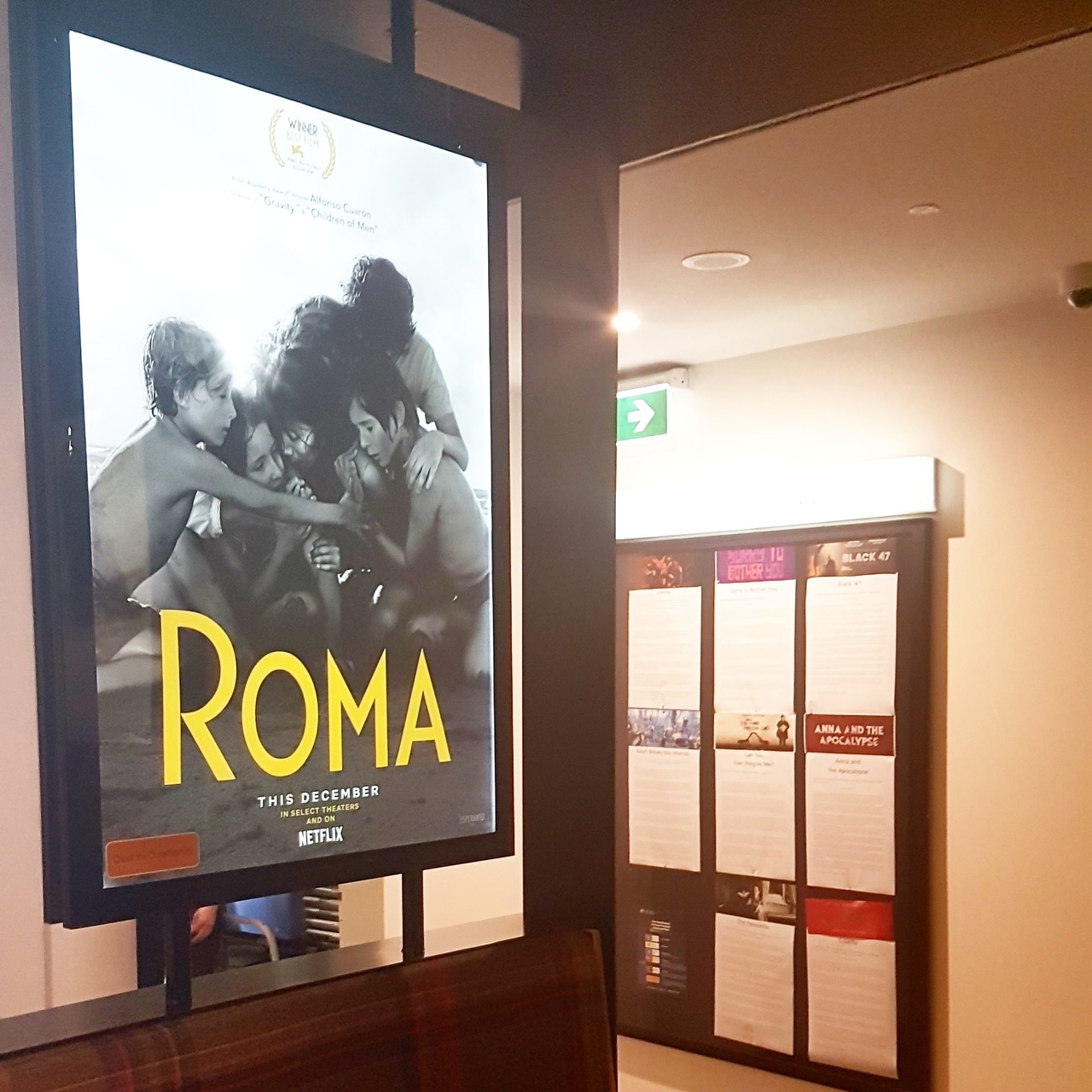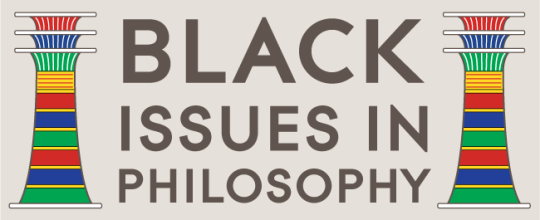Here’s a typical example of how White people exercise and maintain racism. Kerri-Anne Kennerly flies into a rage about Saturday’s protests, led by Aboriginal people, seeking to change the date of Australia Day and establish systemic reform that includes a Voice to Parliament and Makarrata (treaty). Kennerly taps the table angrily, ‘Has anyone of them been out to the Outback where children, babies, 5 year olds are being raped. Their mothers are being raped. Their sisters are being raped. They get no education. What have you done? Zippo.’
Here, Kennerly evokes the same strawman argument that politicises rape and child abuse that has been used since colonisation to deny Aboriginal people rights. She could be referring to the Northern Territory Intervention, where the army went into remote regions to justify removals of Aboriginal children. The Intervention was NOT based on evidence – that’s already been proven. It has been catastrophic for communities. Continue reading Whiteness, Racism and Power







